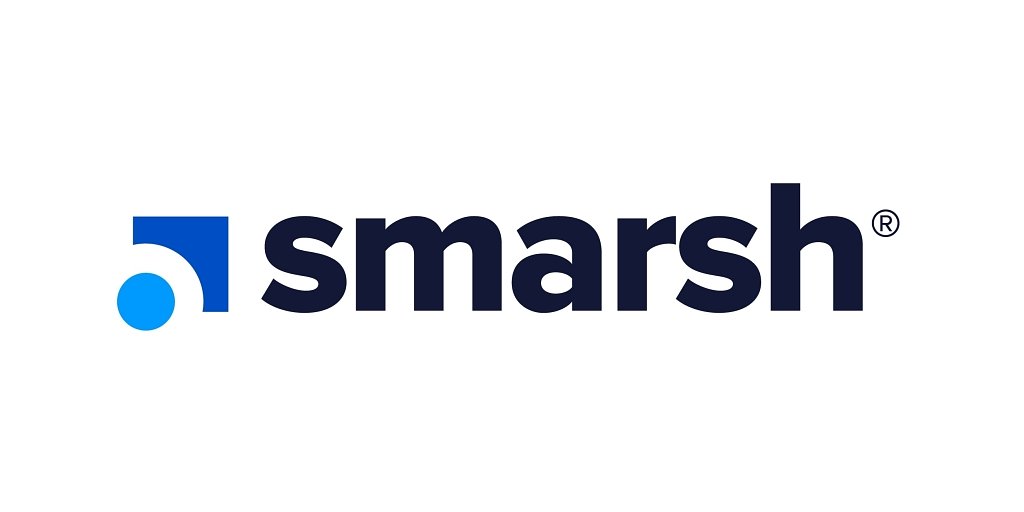
RCS Archiving Partnership Bridges Compliance Gap for Modern Communication
Smarsh and Google team up to unlock compliant archiving of encrypted RCS messages, vital for regulated industries adapting to new communication methods. This collaboration addresses a growing need for oversight in the age of AI-powered communications.
RCS Archiving Partnership Bridges Compliance Gap for Modern Communication
NEW YORK, NY – November 19, 2025
The Rise of RCS and the Compliance Challenge
Rich Communication Services (RCS) is rapidly gaining traction as the next-generation messaging protocol, offering features like read receipts, high-resolution media sharing, and enhanced security. However, its end-to-end encryption, while bolstering user privacy, has presented a significant challenge for organizations in regulated industries – particularly finance, healthcare, and government – who are legally obligated to archive communications for compliance and e-discovery purposes. Now, a new partnership between Smarsh, a leading provider of digital communications data and intelligence, and Google aims to bridge this gap.
The challenge stems from traditional archiving methods, which often rely on accessing message content in transit. RCS encryption prevents this, leaving organizations vulnerable to non-compliance and potential fines. As RCS adoption grows – driven by carriers seeking to replace SMS – the pressure to find a viable solution has intensified. “The industry has been anticipating a solution like this for some time,” notes one compliance officer at a leading financial institution. “RCS is becoming increasingly prevalent, and we needed a way to ensure we could meet our regulatory obligations without sacrificing the benefits of the platform.”
Smarsh and Google Collaborate on Secure Archiving
The newly announced partnership leverages Google’s secure API to capture RCS messages directly on Android devices before encryption takes place. This device-level capture ensures that the content is accessible for archiving and oversight, while still maintaining user privacy. Smarsh’s platform then seamlessly integrates with this data stream, applying its established archiving, retention, and e-discovery capabilities. This collaboration allows organizations to adopt RCS without compromising compliance with regulations like SEC Rule 17a-4, CFTC §1.31, and other relevant standards.
The solution is initially available on Google Pixel devices and other devices within the Android Enterprise ecosystem, with plans for broader support in the future. This phased rollout allows Smarsh and Google to refine the integration and ensure its scalability and reliability. Importantly, the partnership builds upon Smarsh’s existing integration with Google Workspace, offering a unified solution for archiving across email, chat, and other communication channels.
Beyond Compliance: The Impact of AI on Digital Oversight
The evolution of digital communication has dramatically increased the complexity of compliance for regulated industries. It’s no longer just about archiving email; organizations must now oversee a wide range of channels, including social media, instant messaging, and increasingly, AI-powered communication tools. “The volume and velocity of data are overwhelming,” explains a data scientist specializing in financial crime. “Organizations need more than just archiving; they need intelligent solutions that can identify risk and flag suspicious activity.”
Smarsh is addressing this need by integrating artificial intelligence into its platform. Recent innovations include an AI-powered Intelligent Agent for communications surveillance, capable of detecting patterns of misconduct and automating the review process. By combining secure archiving with AI-powered analytics, Smarsh is helping organizations transform compliance data from a cost center into a strategic asset. The company's ability to integrate with platforms like Google Workspace further streamlines digital oversight and enables a more holistic view of communication data.
Market Leadership and Competitive Landscape
Smarsh has established itself as a leader in the digital communications governance and archiving market, consistently recognized by industry analysts like Gartner. The company holds a significant market share and serves a diverse client base, including nine of the top ten leading financial institutions. This position is driven by its commitment to innovation, its deep understanding of regulatory requirements, and its ability to provide a comprehensive solution for digital oversight.
The archiving market is competitive, with several players offering solutions for regulated industries. Competitors include Mimecast, Proofpoint, Global Relay, and newer entrants focused on cloud-native archiving. However, Smarsh differentiates itself through its AI-powered platform, its integration with Google Workspace, and its focus on providing a unified solution for all communication channels. “We’re seeing a trend towards consolidation in the archiving market,” says one industry analyst. “Organizations want a single vendor that can handle all their archiving needs.”
Future Implications for Regulated Industries
The partnership between Smarsh and Google represents a significant step forward in addressing the challenges of compliant communication in the digital age. By unlocking the ability to archive encrypted RCS messages, this collaboration enables regulated industries to embrace modern communication methods without sacrificing compliance. As RCS adoption continues to grow, this solution will become increasingly important for organizations seeking to mitigate risk and ensure business continuity. Furthermore, the integration of AI into Smarsh’s platform promises to revolutionize digital oversight, transforming compliance data from a burden into a strategic asset.
Looking ahead, the trend towards AI-powered compliance is likely to accelerate, driving demand for intelligent solutions that can automate risk detection and improve operational efficiency. The ability to seamlessly integrate with platforms like Google Workspace will become increasingly important, enabling organizations to achieve a holistic view of communication data and streamline their compliance processes.
